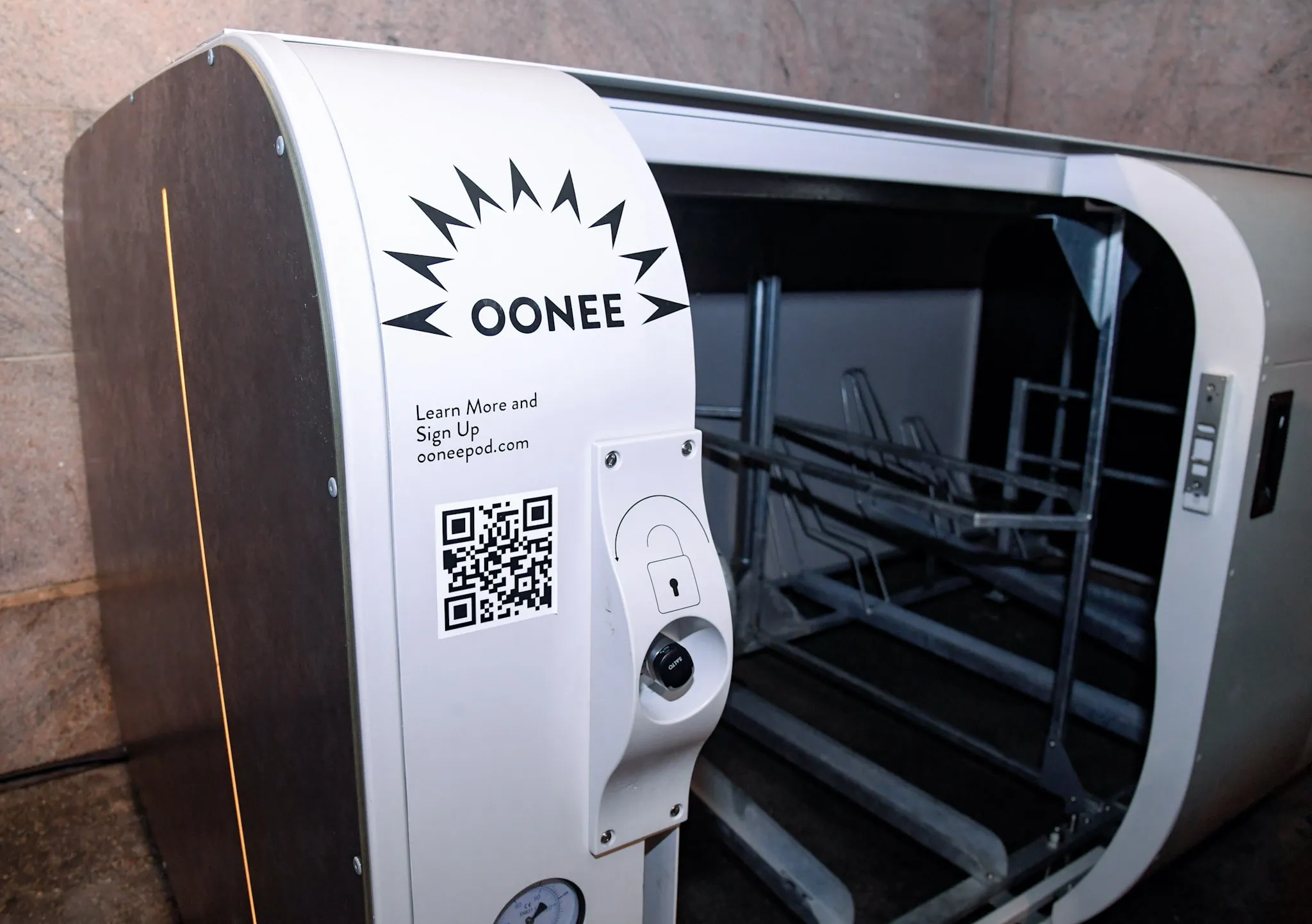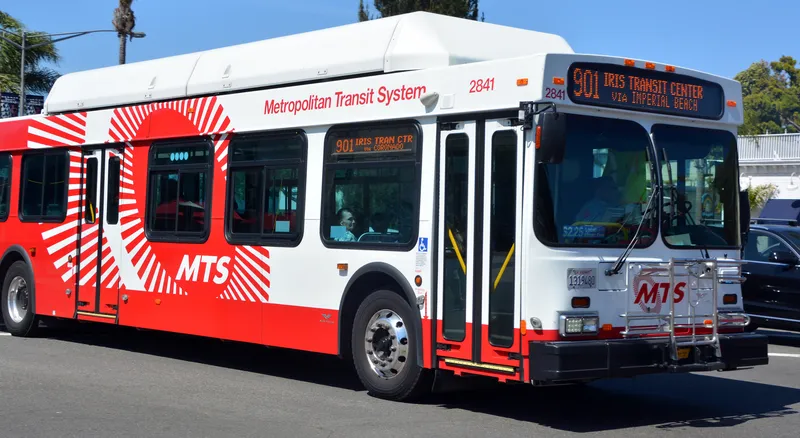McCain is to deploy 13 variable message signs (VMS) in San Jose, California, showing the availability of parking garages in the city.
Niko Stieldorf, project lead at McCain, says the signs will help drivers locate available parking, thus reducing congestion and greenhouse gas emissions.
McCain says its VMS will be used to direct travellers to more than 6,200 spaces in eight parking garages throughout the metropolitan area.
Additionally, the solution utilises Skidata’s parking access revenue control sys
February 28, 2019
Read time: 1 min
Niko Stieldorf, project lead at McCain, says the signs will help drivers locate available parking, thus reducing congestion and greenhouse gas emissions.
McCain says its VMS will be used to direct travellers to more than 6,200 spaces in eight parking garages throughout the metropolitan area.
Additionally, the solution utilises Skidata’s parking access revenue control systems, allowing users to check availability and reserve parking online from their smartphone.









